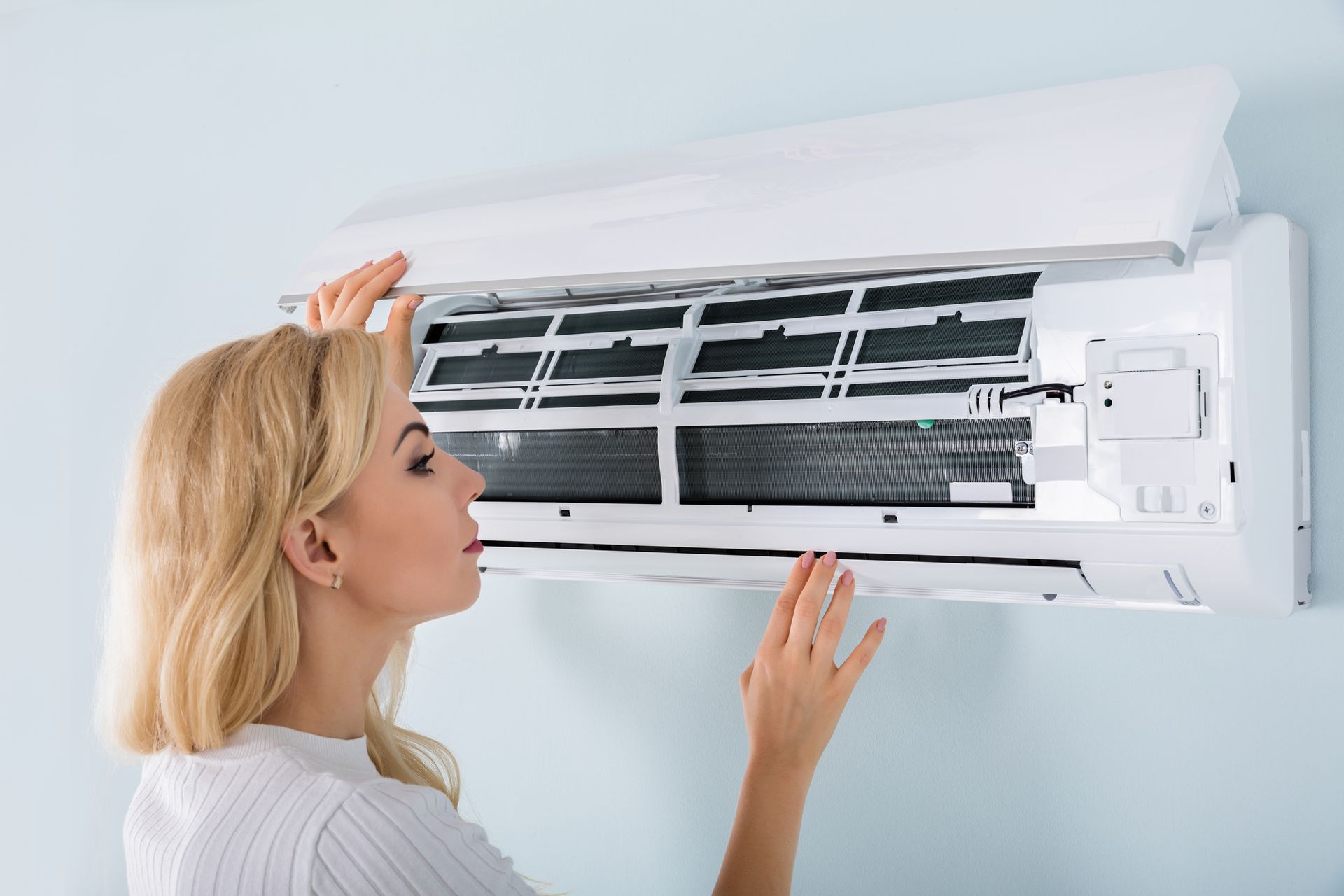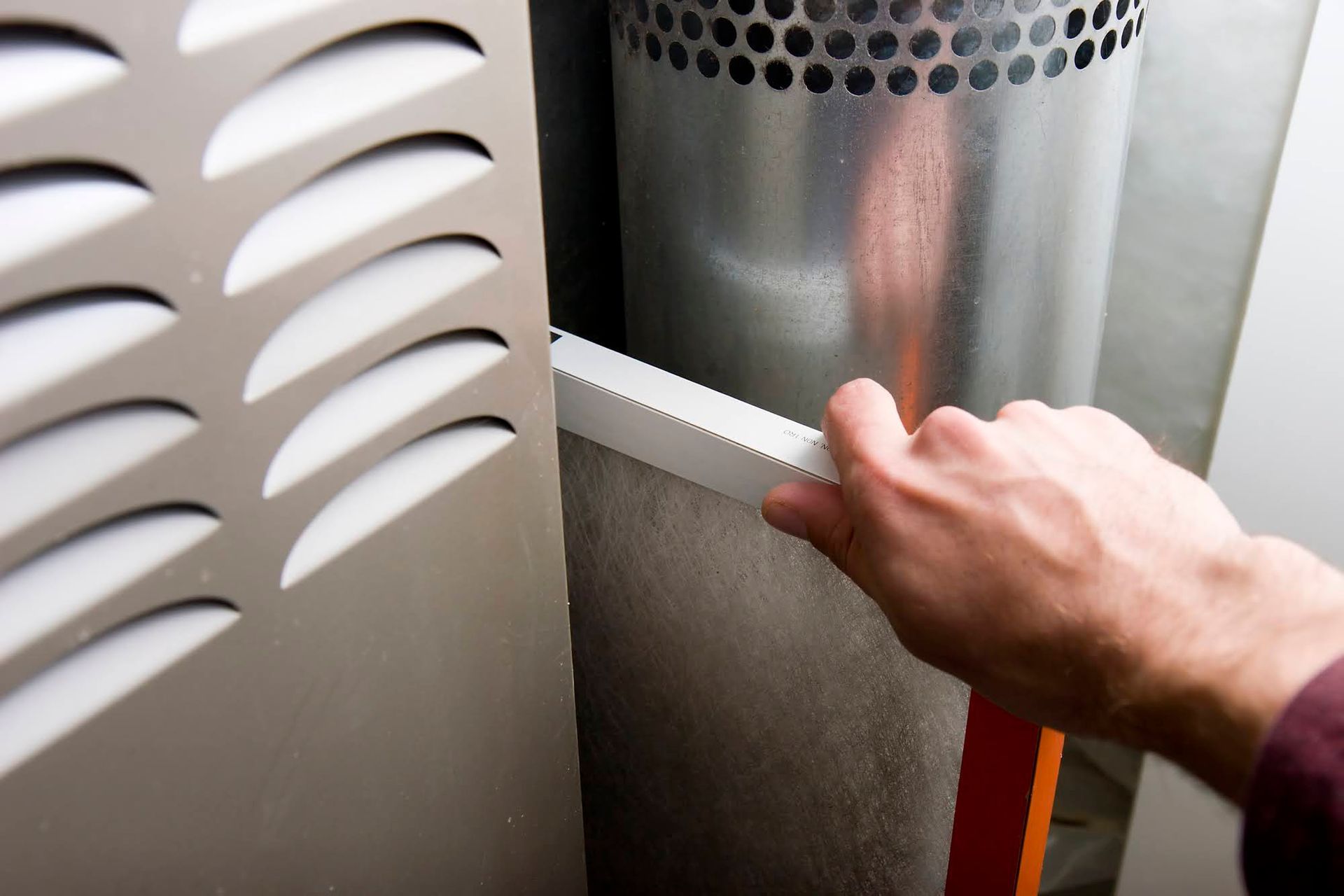Common Home Heating Myths
Do you know the facts and fictions of home heating? You're on the hunt for tips to boost your furnace's efficiency, reduce wear and tear, and keep your home comfortable. But that doesn't mean you should believe every heating hack you hear. Before you make a furnace faux pas, take a look at the top home heating myths and the mistakes to avoid.
Myth: A Higher Thermostat Setting Heats Faster
Is your thermostat set too high? The decision to bump up your thermostat setting to counteract a cold home is a common mistake that many homeowners make. While a too-cold setting won't help to heat your home efficiently, the opposite isn't true either.
A higher thermostat setting doesn't equal faster heating. Instead, it will force your heater to run for a longer time and work harder. This could result in excessive wear and tear — eventually leading to reduced energy efficiency, damage, and poor heating.
If you should set your thermostat too high, and you shouldn't leave it on a too-low temperature, what is the just-right number? This varies by personal preference, system type, your home's size, and your home's overall energy efficiency (including air leaks and insulation).
According to the U.S. Department of Energy, a wintertime setting of 68 degrees Fahrenheit can keep your home comfortable and save energy. If this setting (or a higher temperature) still leaves your home with a cold winter chill, contact a qualified HVAC technician. It's possible your furnace requires repair to heat your home efficiently.
Myth: A Programmable Thermostat Always Saves Money
A programmable thermostat is a first step towards reducing energy usage, increasing efficiency, and saving on your utility bills. But the thermostat alone won't provide cost savings. Failure to program the thermostat, or program it correctly, could leave this would-be energy-reducing device totally ineffective.
The U.S. Department of Energy recommends lowering the thermostat by seven to 10 degrees Fahrenheit for eight hours a day to see HVAC-related savings. If you program your thermostat correctly, you could save up to 10 percent annually on heating costs. But if you forget to program the thermostat, you won't see this reduction.
Myth: Space Heaters Save Money
While it is possible to reduce heating costs with space heater use, this isn't a universal way to lower your wintertime bills. Before you buy a fleet of electric heaters for your home, consider how many rooms you want or need to heat.
If you only need to heat one room, a space heater (combined with a lower central heating setting) can save you money. But if you need to heat your whole home, a space heater in each room may actually raise your electricity bills. According to Consumer Reports, to reduce energy-related costs, only use space heaters if the space you need to heat is less than half of the total space of your whole home.
Myth: A Larger Furnace Provides Better Heat
Is bigger better when it comes to your home's heating system? While a larger heater would seem like it could warm your home faster than a smaller unit, this isn't always the case. The furnace size you need depends on the overall square footage of your home combined with its energy-loss. Energy-loss includes air leakage through windows, doors, or poorly insulated areas.
Don't worry if you're not sure how to size a furnace. This is a job for a professional. An HVAC contractor can evaluate your home's energy needs and calculate the correct furnace size necessary to efficiently heat your home.
Do you need a new furnace, thermostat, or a heating checkup? Contact Comfort Solutions for more information.











